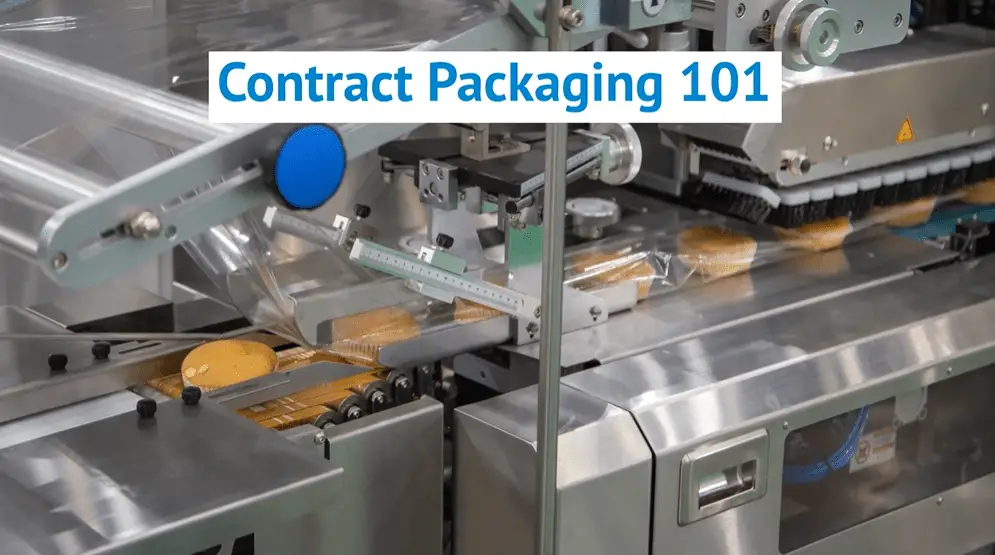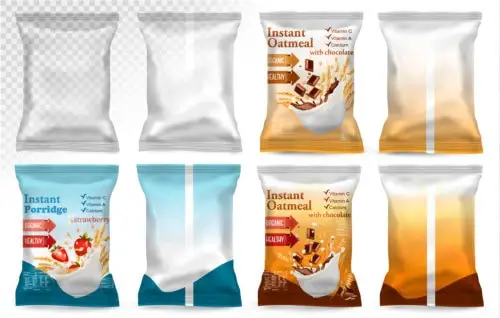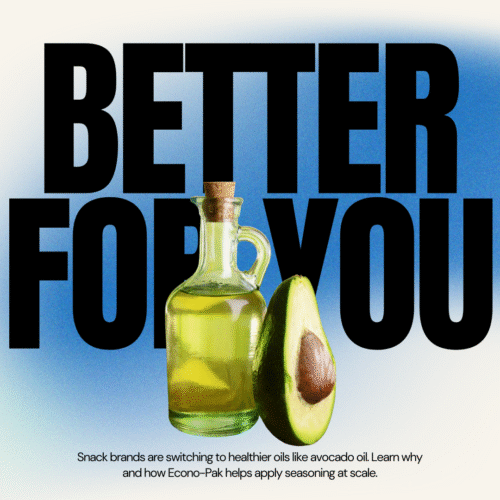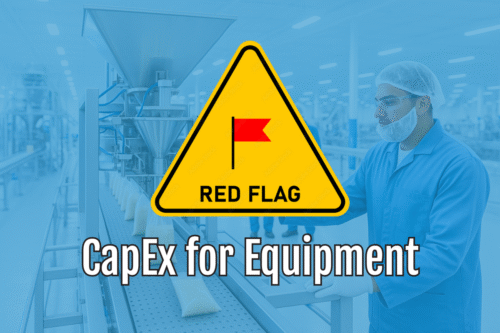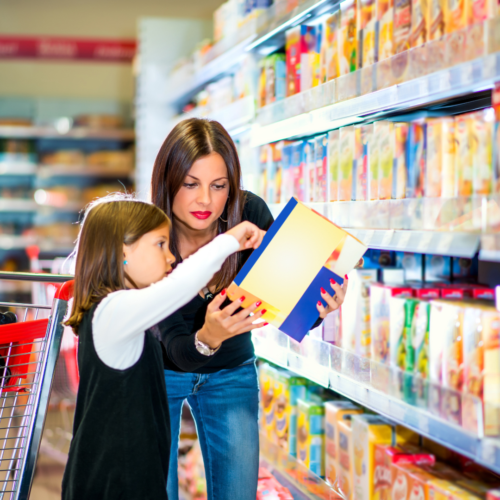Contract Packaging 101
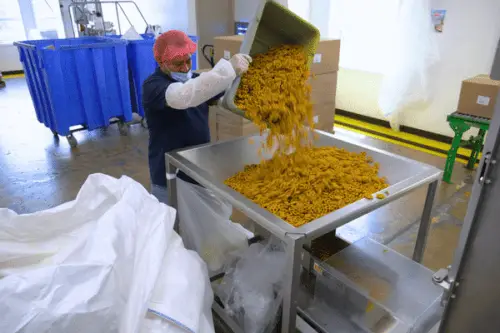 Developing your own packaging system involves much more than investing in the right packaging equipment and materials to get the job done. It also involves warehousing and hiring an additional workforce to run your packaging operation alongside your core business.
Developing your own packaging system involves much more than investing in the right packaging equipment and materials to get the job done. It also involves warehousing and hiring an additional workforce to run your packaging operation alongside your core business.
To many companies, setting up their own packaging line is simply not feasible in terms of both the cost and labor required.
What Is Contract Packaging?
This is where contract packaging comes in. Also called co-packing, contract packaging is when a business hires the services of a packaging company to oversee its packaging, assembly, kitting, warehousing, and other supply chain needs. The contract packager can be a specialist in a certain type of packaging—like shrink wrapping, corrugated cardboard, or bottling—or offer additional services like printing, packaging design, and testing.
Here we’ll discuss how food contract packaging in particular works, as well as the benefits of outsourcing your packaging needs.
How Does Food Contract Packaging Work?
Because of the strict industry standards of food processing and packaging, a contract packaging partner in this field must have the equipment, expertise, and materials necessary to protect the integrity of your food products while meeting these standards. Most food co-packing processes involve these three main steps.
Step 1: Discuss Goals
Fill Out Questionnaire
Once you have determined your co-packing requirements, the first step is to contact a co-packing service provider and discuss your product and objectives with them. This initial communication is critical in establishing a strong and effective working relationship. Some companies may require you to fill out a questionnaire to learn more about your product and understand your expectations. This allows the co-packer to gather essential information and customize their services to meet your specific needs.
Sign Non-Disclosure Agreement
In order to safeguard your confidential information, you will be asked to sign a non-disclosure agreement. This agreement ensures that all private details about your product and packaging will be kept secure within the confines of the working relationship.
Send Product Samples
Once the necessary paperwork is completed, you will send your product samples and recipes to the co-packing company. Their team of experts will then conduct a thorough analysis of your products to ensure they are compatible with their production equipment. This step is essential to ensure a seamless and efficient packaging process.
Select Packaging
After the analysis, the co-packer will guide you through the various packaging options available, taking into account factors such as materials, quantities, and shelf life to provide you with the most suitable packaging solution. A reliable contract packaging provider will possess the expertise to optimize packaging materials while ensuring the longevity and quality of your product.
By following this comprehensive process, you can establish a strong and successful relationship with a contract packaging company. This approach allows for a thorough understanding of your needs and ensures that the co-packer can deliver the best packaging solution for your product.
Step 2: Approve the Test Batch
Before going into mass production, the co-packer will send a test batch for you to evaluate. You will also get product information that will include:
- An allergen statement
- A net weight declaration
- An ingredients list
- A nutritional facts panel
Once you approve the final details and design of the packaging, the co-packer commences printing the packaging materials.
Step 3: Production
The company will begin production using your finalized recipe, packaging design, and materials. They usually have production minimums that range from hundreds to thousands of units, so consumer demand for your product must be high enough to save you money per unit.
Why should you hire a contract food packing provider? There are many advantages of outsourcing your packaging needs. For example, a co-packer will offer the machinery, labor, and thought leadership required to deliver your products to the market in style. This allows you to focus all your energy on your core business—manufacturing your product. Other benefits of hiring a co-packer include high-quality packaging, cost reduction, and efficient management of your packaging line.
Co-Packing vs. Contract Packaging Services
Co-packing is the same as contract packing—they involve outsourcing the primary and secondary packaging of finished goods to a third party. While co-packing is common in all industries, it is most prevalent in the health and beauty, food and beverage, and medical and pharmaceutical fields.
Who is a good fit for doing business with a co-packer?
If a company lacks the necessary funds and resources to manage all aspects of its supply chain effectively, partnering with a co-packer can be a suitable option. Investing in packaging machinery, labor force, and infrastructure required to operate it can be a significant expense that may be beyond the means of these companies. Contract packaging offers them the advantage of relying on an external packaging solution provider to save both time and money.
Additionally, businesses that handle their packaging line and supply chain might also choose to outsource these operations to a co-packer. By doing so, they can streamline processes, reduce costs, and focus on their core competencies. Companies in this situation recognize that partnering with a co-packer not only ensures efficiency and cost-effectiveness but also allows them to leverage the expertise and industry knowledge of the co-packer.
Collaborating with a co-packer can benefit companies lacking the financial means to manage their supply chains independently and those seeking to improve efficiency and cost-effectiveness by outsourcing their packaging line and supply chain operations.
Choosing the Right Contract Packing or Co-Packing Partner
There are a few things you should take into account when looking for the right co-packer for your food products, such as:
- ISO certifications
- Fast lead times
- Transparency
- Quality control
Finding the right co-packer can be overwhelming, especially if you are new to the market or want to venture into a new field. Econo-Pak is a third-generation family-owned contract packaging company dedicated to serving the unique needs of the food processing, pharmaceutical, and retail industries.
Let's start scaling.
Is your demand outpacing your ability to package your own product? Then consider outsourcing with Econo-Pak.
With over 40 years of experience working with both small brands and Fortune 500 companies, we are capable of handling your specific dry food product.
Get in touch with our team for a fixed-price quote for your project.

